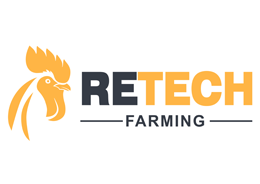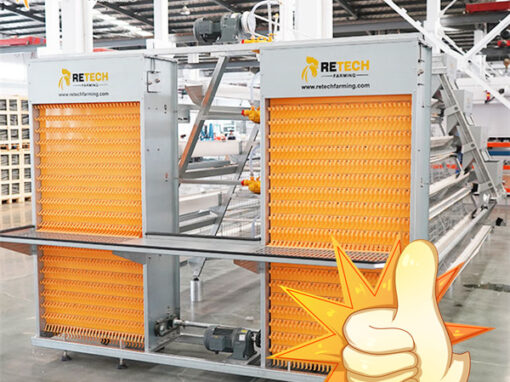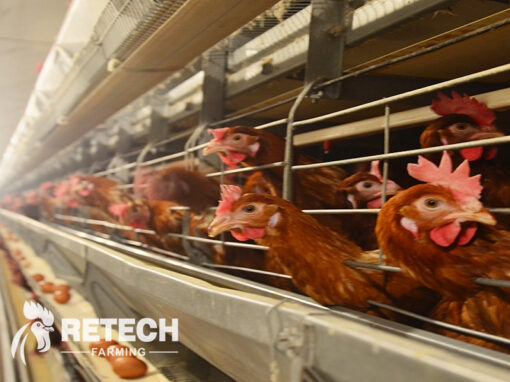When the laying hens enter 48 weeks, the number of broken eggs and soft-shelled eggs increases, together with some traumas formed by the oviducts being in a working condition, and the number of bloody eggs and fecal eggs increases, which are some of the manifestations of the late laying hens. For this situation, we should pay attention to the following aspects.
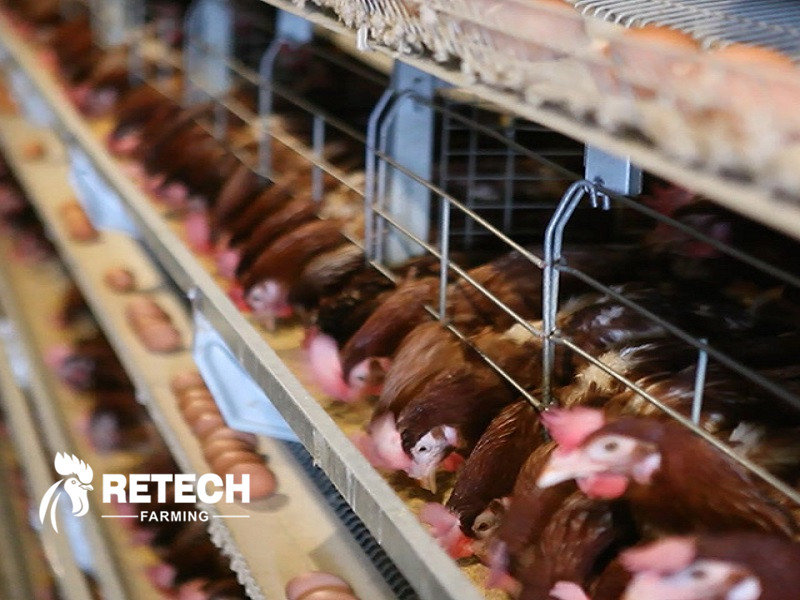
chicken cage
1.Adjustment of feed nutrition
Once the normal production performance of chickens is reduced, the standard of their own nutrition needs to be reduced, otherwise it will increase the fat deposition of laying hens, which is more detrimental to production. Use special feed formulas for late stage laying hens, increase miscellaneous meal and slightly increase stone meal. At the same time, pay attention to feeding less and adding more, and increase the leveling process.
2.Strengthen feeding management
Temperature and humidity should be kept relatively stable. The temperature should be between 18 degrees and 24 degrees. Relative humidity should be kept in the middle of 55%-65%. Light intensity in the middle of 10-20 lux. It is strictly forbidden to suddenly reduce the light intensity and shorten the light time. Try to reduce all stress factors.

modern chicken farm
3.Raise weak hens in a timely manner
The sole purpose of raising hens is to produce eggs. If you don’t raise a weak egg-laying hen or a false hen in time, it will only increase the cost of rearing.
There are three criteria when picking chickens.
Firstly, look at the crown. If there is no crown, or if the crown has no color, it should be eliminated.
Secondly, look at the pubic bone. If the pubic bone is less than 3cm apart, it is definitely not high yielding.
Third, too obese, or the hair color is too smooth chicken should be eliminated.
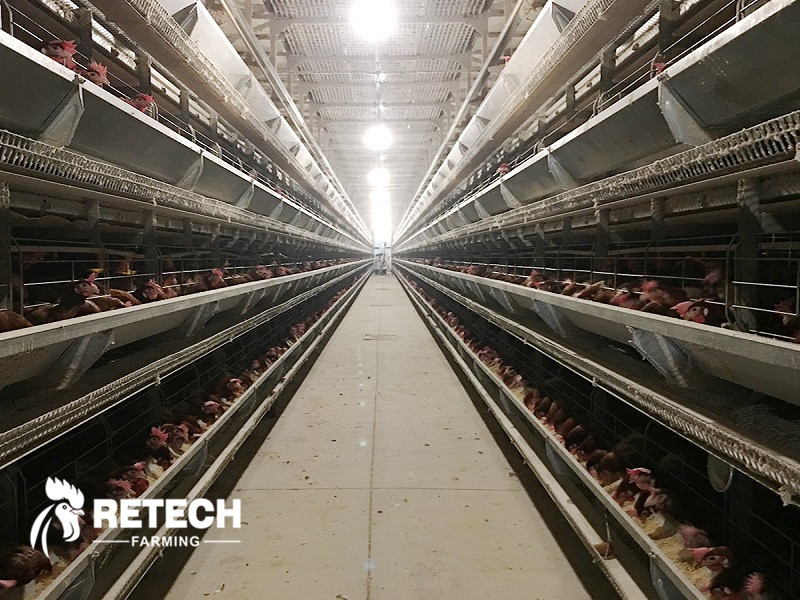
laying hens
4.Do a good job of late epidemic prevention
At the late stage of egg production, the environmental hygiene in the chicken house must be ensured. Avoid causing other environmental diseases. The water trough and feeding trough should be disinfected regularly. Antibody testing must be done regularly, and vaccination and drug prevention must be done.
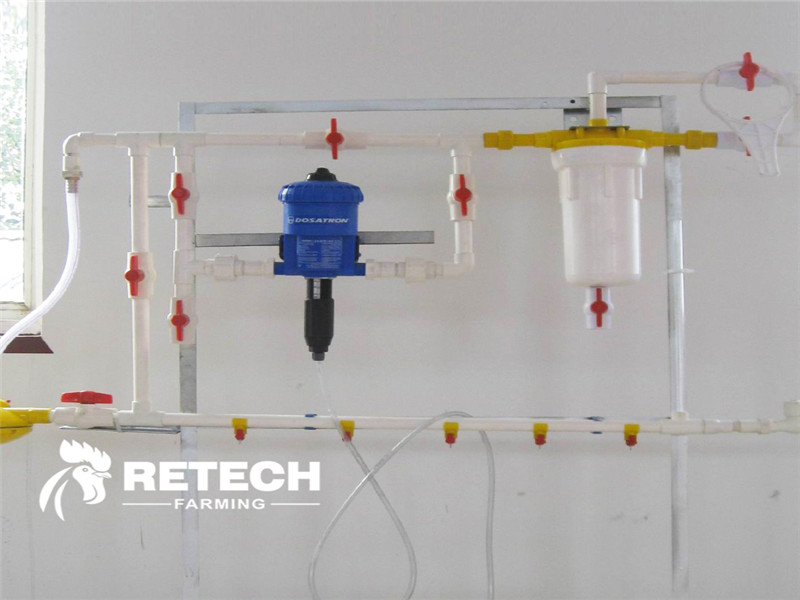
drinking system
Please contact us at director@retechfarming.com
